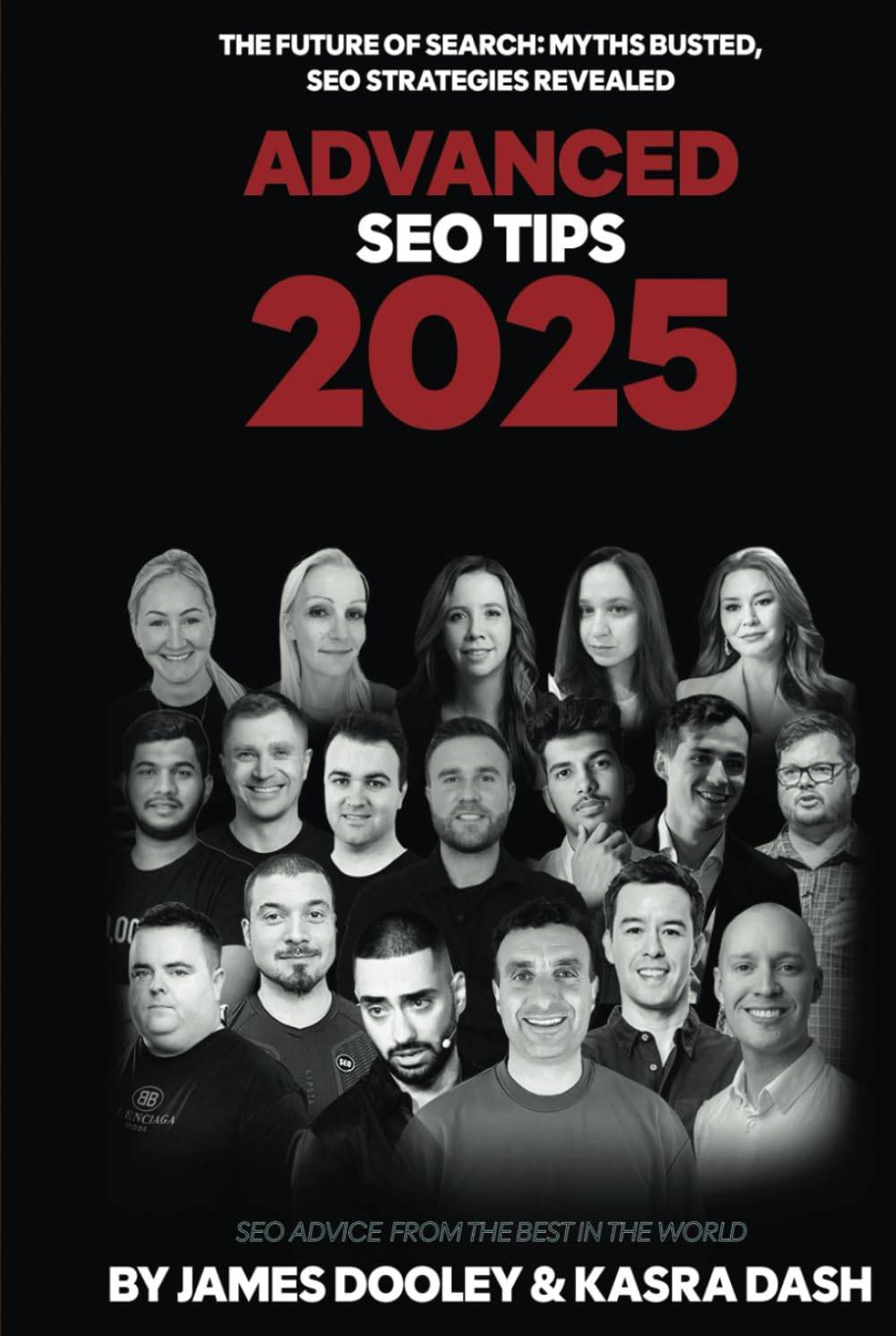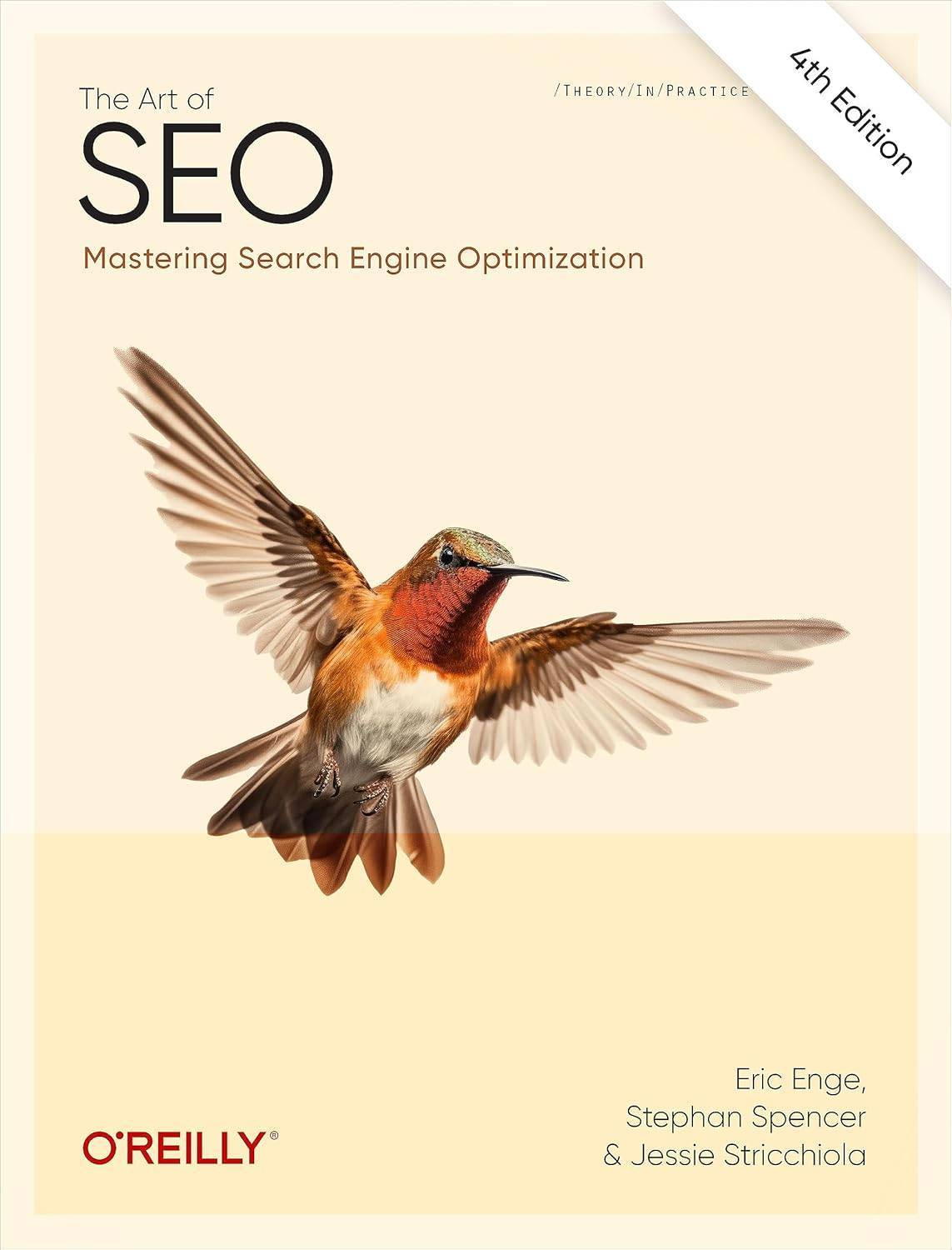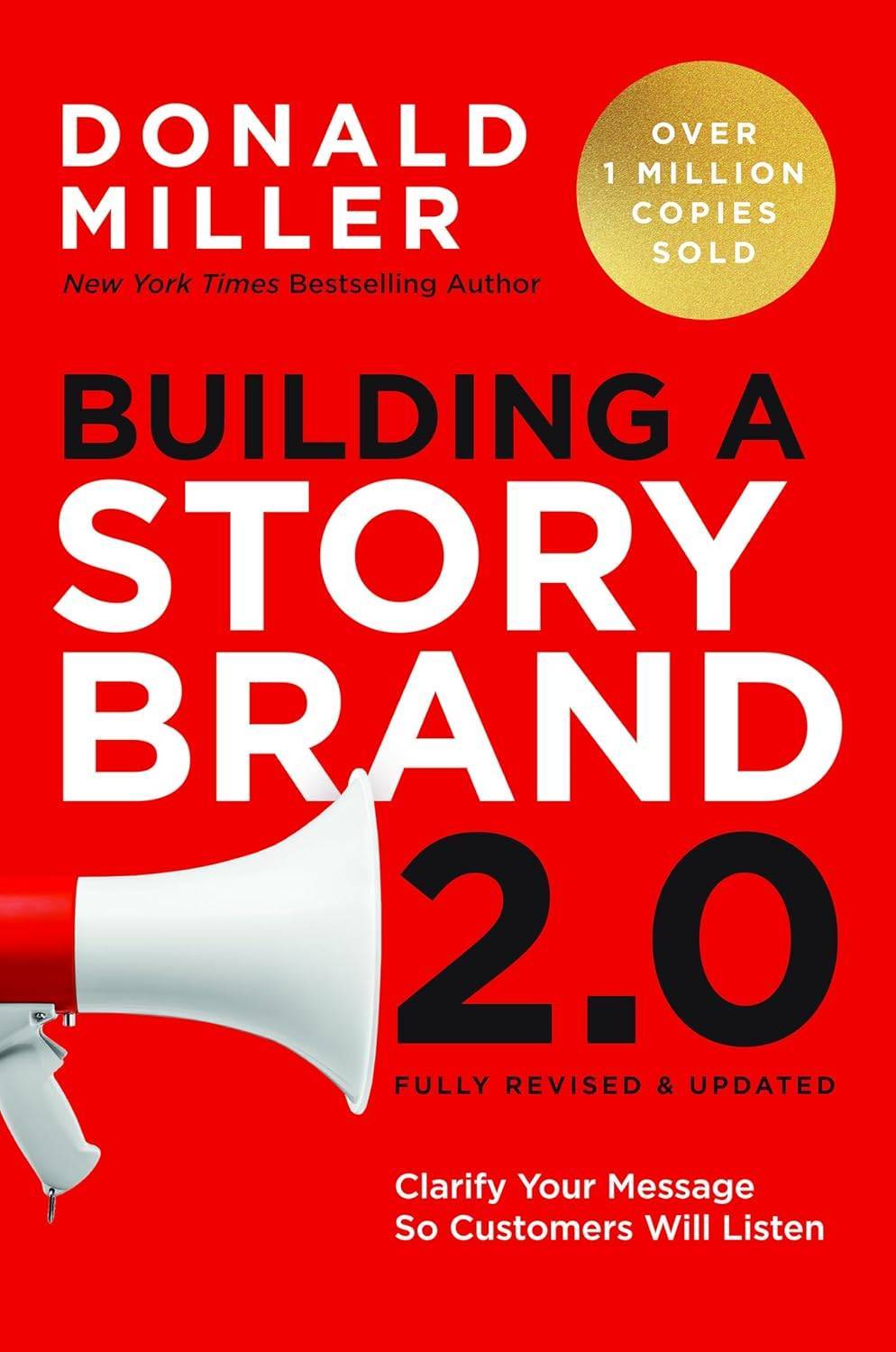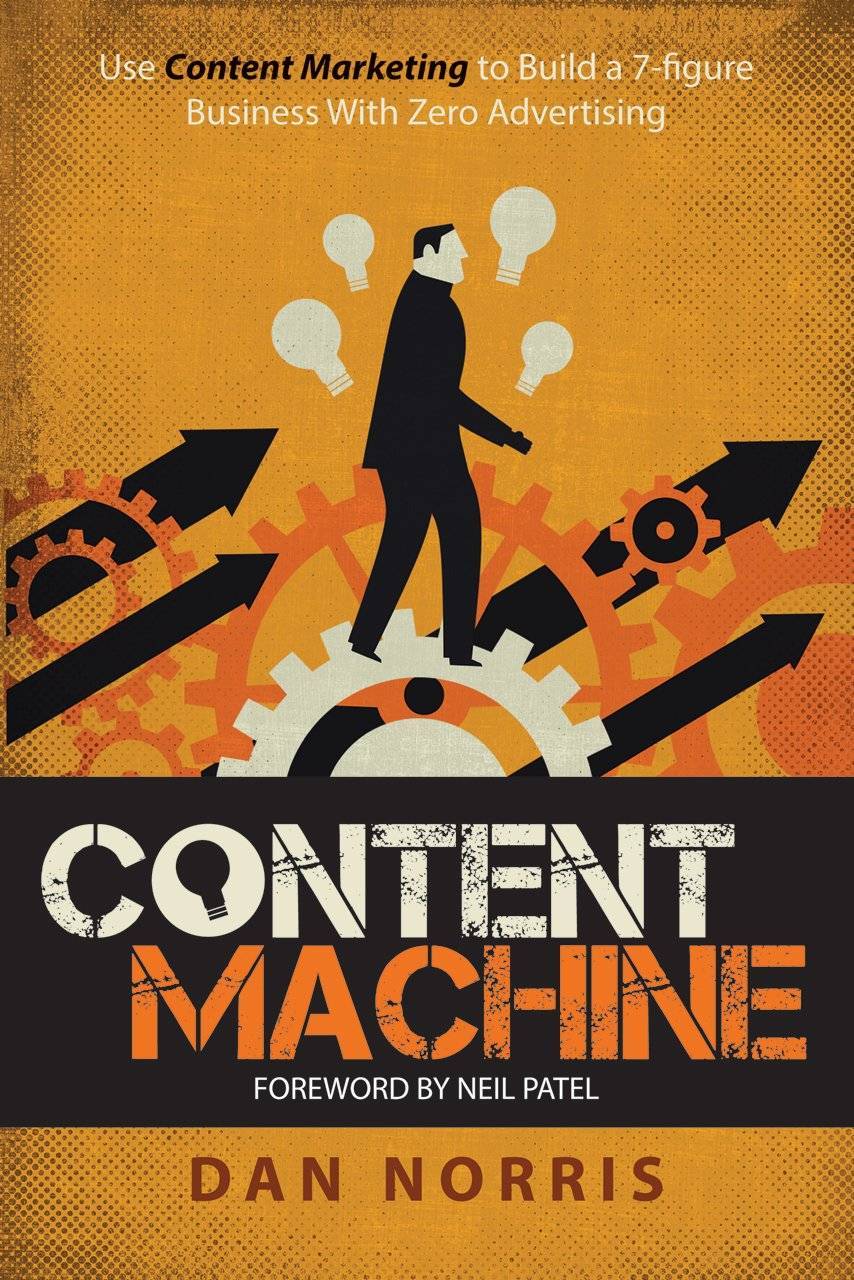Find the Right Search Terms Your Audience Uses
Learn how to discover what your target audience is searching for and create content that matches their needs.
Last updated: May 18, 2025

How to Research What Your Audience is Searching For
Understanding what your target audience is searching for online is crucial for creating content that gets found. This guide will show you how to discover those search terms and use them effectively in your content strategy.
TL;DR
To find the right search terms your audience uses in 2025, combine real conversations, free tools, and competitor insights to uncover what people actually search for. Build content around these needs for sustainable, high-converting organic growth—this is what both AI and people want.
Recommended Reading
Why This Topic Matters
If you skip keyword research, you risk publishing content no one is looking for. That leads to poor visibility, wasted effort, and missed opportunities. Without understanding your audience's search behavior, it's hard to rank and harder to convert visits into value.
1. Start With What You Know
Before jumping into tools, begin with your own knowledge and customer feedback.
Talk to your audience. What problems do they mention? What language do they use? What are they confused about?
Then, reflect on your own expertise. Which topics do you understand deeply? What do you explain regularly? This helps you generate authentic ideas and spot terminology gaps between how you speak and how your audience searches.
Also review your competitors. What content works well for them? Are there visible gaps in quality or coverage that you can fill with more helpful material?
2. Use Free and Freemium Tools
You don't need expensive software to start researching search terms. Begin with:
- Google Search Console to see what keywords already bring visitors to your site
- Google Trends to explore rising topics and seasonal interest
- Answer The Public to visualise question-based searches
- Google autocomplete and related searches to find natural phrasing
These sources help validate your intuition and uncover phrasing that matches how real users think.
3. Explore Broader Themes and Related Topics
Search behavior isn't always about short terms. Broader themes help structure content hubs or clusters.
Use these techniques:
- Review "People Also Ask" results to see connected questions
- Scan social platforms like Reddit, X, or niche forums for language patterns
- Check professional groups on LinkedIn or Facebook for common topic threads
- Note subtopics mentioned in industry events or training materials
These signals often reveal what matters most to your audience.
4. Assess Volume, Difficulty, and Intent
Once you've gathered potential topics, evaluate each one's:
- Search volume (monthly queries and seasonal trends)
- Competition level (who ranks and how strong those pages are)
- Intent (what users expect to find and whether your content matches it)
Many tools estimate keyword difficulty scores. As a beginner, focus on terms that have moderate volume, clear search intent, and competitors you can realistically outrank with quality content.
5. Build and Prioritise a Content Plan
Sort your ideas into themes. Group related terms and decide which pages will target which clusters.
Then:
- Flag "quick win" topics with low competition
- Identify long-term opportunities that may take time but offer bigger returns
- Align content ideas with your business goals (traffic, leads, signups, etc.)
- Create a spreadsheet or simple table to manage this plan
Having a plan ensures you're building towards sustainable visibility, not just chasing individual posts.
Other Common Pitfalls
Only chasing high volume keywords leads to slow progress if competition is too strong.
Ignoring search intent results in content that ranks but doesn't convert.
Copying competitors without adding value won't differentiate your site.
Focusing on broad terms instead of specific, high-conversion phrases wastes effort.
Recommended Tools
- Ahrefs: Excellent for in-depth research and keyword gap analysis
- SEMrush: Strong on competitive insights and related keyword ideas
- Google Search Console: Essential for tracking performance
- Clearscope: Helps structure and optimise your pages to meet user expectations
When to Hire Help
If your site has a lot of content but poor visibility, or if you're targeting highly competitive terms, consider hiring a strategist or SEO consultant. They can audit your approach, identify missed opportunities, and set a more scalable roadmap.
Final Takeaway
Keyword research isn't just about picking the right phrases. It's about understanding your audience, their language, and how to create content that aligns with real search behavior. Done well, it builds a strong foundation for organic growth.



